Institute for Evolutionary Ethics must read
Discover essential reads from the Institute for Evolutionary Ethics. Explore must-read books on ethics, evolution, and moral philosophy curated by leading experts.
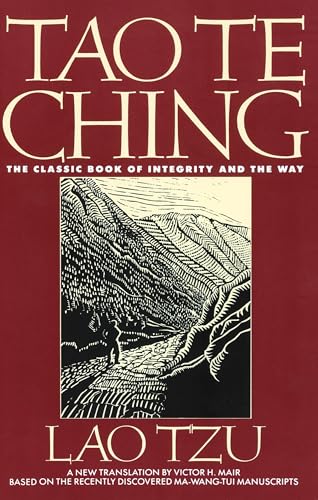

Book
Ulysses
by James Joyce
This revised volume of the acclaimed novel follows the complete unabridged text as corrected in 1961. Set entirely on one day, 16 June 1904, Ulysses follows Leopold Bloom and Stephen Daedalus as they go about their daily business in Dublin. From this starting point, James Joyce constructs a novel of extraordinary imaginative richness and depth. Unique in the history of literature, Ulysses is one of the most important and enjoyable works of the twentieth century. This edition contains the original foreword by the author and the historic court ruling to remove the federal ban. It also contains page references to the first American edition of 1934.

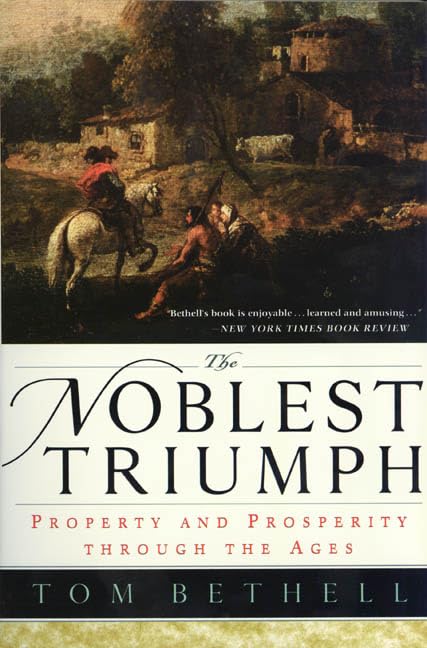

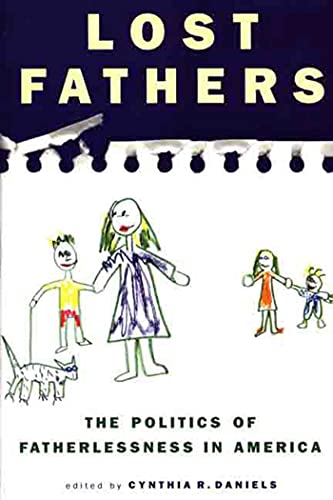

Book
The Old Man and the Sea
by Ernest Hemingway
Traditional Chinese edition of The Old Man and The Sea edited for young adults. The story is told with text and graphics and accompanied with Zhuying (phonetic annotation). A reading guide of this Hemingway classic helps young readers develop their writing skills. In Traditional Chinese. Distributed by Tsai Fong Books, Inc.
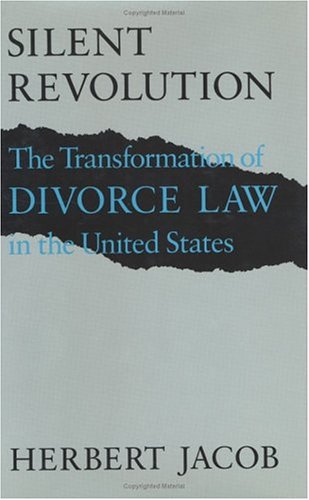

Book
The Red Queen
by Matt Ridley
Referring to Lewis Carroll's Red Queen from Through the Looking-Glass, a character who has to keep running to stay in the same place, Matt Ridley demonstrates why sex is humanity's best strategy for outwitting its constantly mutating internal predators. The Red Queen answers dozens of other riddles of human nature and culture -- including why men propose marriage, the method behind our maddening notions of beauty, and the disquieting fact that a woman is more likely to conceive a child by an adulterous lover than by her husband. Brilliantly written, The Red Queen offers an extraordinary new way of interpreting the human condition and how it has evolved.
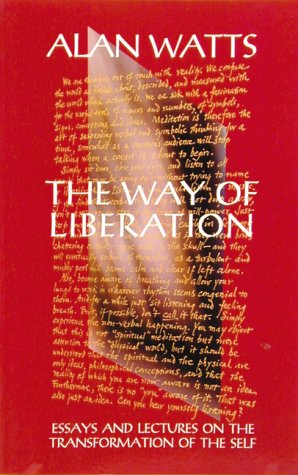

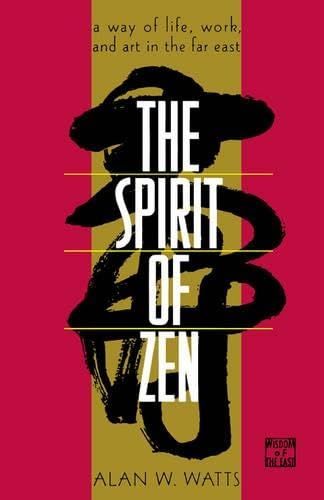

Book
Nausea
by Jean-Paul Sartre
This classic Existentialist novel features a new Introduction by renowned poet, translator, and critic Richard Howard.
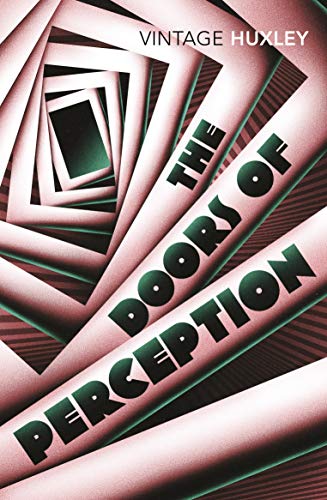
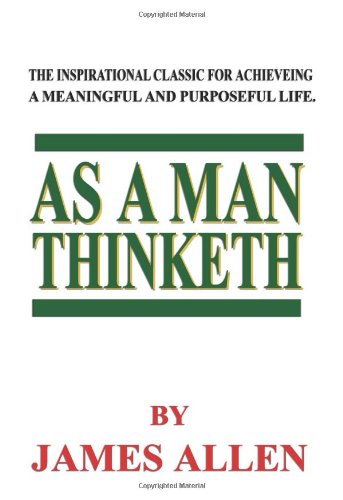

Book
On the Road
by Jack Kerouac
Chronicles the way of life of the beat generation as Dean Moriarty speeds across America.
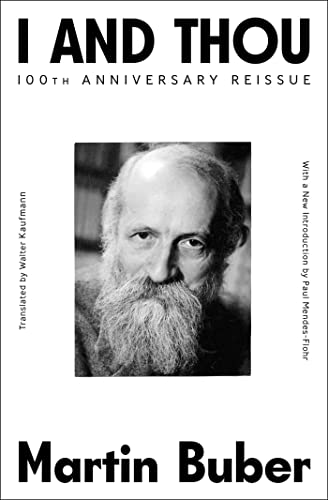

Book
Moby-Dick
by Herman Melville
Herman Melville’s masterpiece of obsession and the untamed sea, one of the greatest works of imagination in literary history—featuring an introduction by Andrew Delbanco and notes by Tom Quirk. This edition features the Northwestern-Newberry edition of Melville's text, approved by the Center for Scholarly Editions and the Center for Editions of American Authors of the MLA. Nominated as one of America’s best-loved novels by PBS’s The Great American Read Moby-Dick still stands as an indisputable literary classic. It is the story of an eerily compelling madman pursuing an unholy war against a creature as vast and dangerous and unknowable as the sea itself. But more than just a novel of adventure, more than an encyclopedia of whaling lore and legend, Moby-Dick is a haunting, mesmerizing, and important social commentary populated with several of the most unforgettable and enduring characters in literature. Written with wonderfully redemptive humor, Moby-Dick is a profound and timeless inquiry into character, faith, and the nature of perception. Penguin Classics is the leading publisher of classic literature in the English-speaking world, representing a global bookshelf of the best works throughout history and across genres and disciplines. Readers trust the series to provide authoritative texts enhanced by introductions and notes by distinguished scholars and contemporary authors, as well as up-to-date translations by award-winning translators.

Book
Fast Food Nation
by Eric Schlosser
Fast food has hastened the malling of our landscape, widened the chasm between rich and poor, fueled an epidemic of obesity, and propelled American cultural imperialism abroad. That's a lengthy list of charges, but Eric Schlosser makes them stick with an artful mix of first-rate reportage, wry wit, and careful reasoning. Schlosser's myth-shattering survey stretches from California's subdivisions, where the business was born, to the industrial corridor along the New Jersey Turnpike, where many of fast food's flavors are concocted. Along the way, he unearths a trove of fascinating, unsettling truths -- from the unholy alliance between fast food and Hollywood to the seismic changes the industry has wrought in food production, popular culture, and even real estate.

Book
Guns Germs and Steel
by Jared Diamond
"Fascinating.... Lays a foundation for understanding human history."—Bill Gates Winner of the Pulitzer Prize, Guns, Germs, and Steel is a brilliant work answering the question of why the peoples of certain continents succeeded in invading other continents and conquering or displacing their peoples. This edition includes a new chapter on Japan and all-new illustrations drawn from the television series. Until around 11,000 BC, all peoples were still Stone Age hunter/gatherers. At that point, a great divide occurred in the rates that human societies evolved. In Eurasia, parts of the Americas, and Africa, farming became the prevailing mode of existence when indigenous wild plants and animals were domesticated by prehistoric planters and herders. As Jared Diamond vividly reveals, the very people who gained a head start in producing food would collide with preliterate cultures, shaping the modern world through conquest, displacement, and genocide.The paths that lead from scattered centers of food to broad bands of settlement had a great deal to do with climate and geography. But how did differences in societies arise? Why weren't native Australians, Americans, or Africans the ones to colonize Europe? Diamond dismantles pernicious racial theories tracing societal differences to biological differences. He assembles convincing evidence linking germs to domestication of animals, germs that Eurasians then spread in epidemic proportions in their voyages of discovery. In its sweep, Guns, Germs and Steel encompasses the rise of agriculture, technology, writing, government, and religion, providing a unifying theory of human history as intriguing as the histories of dinosaurs and glaciers.
